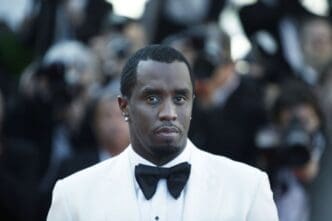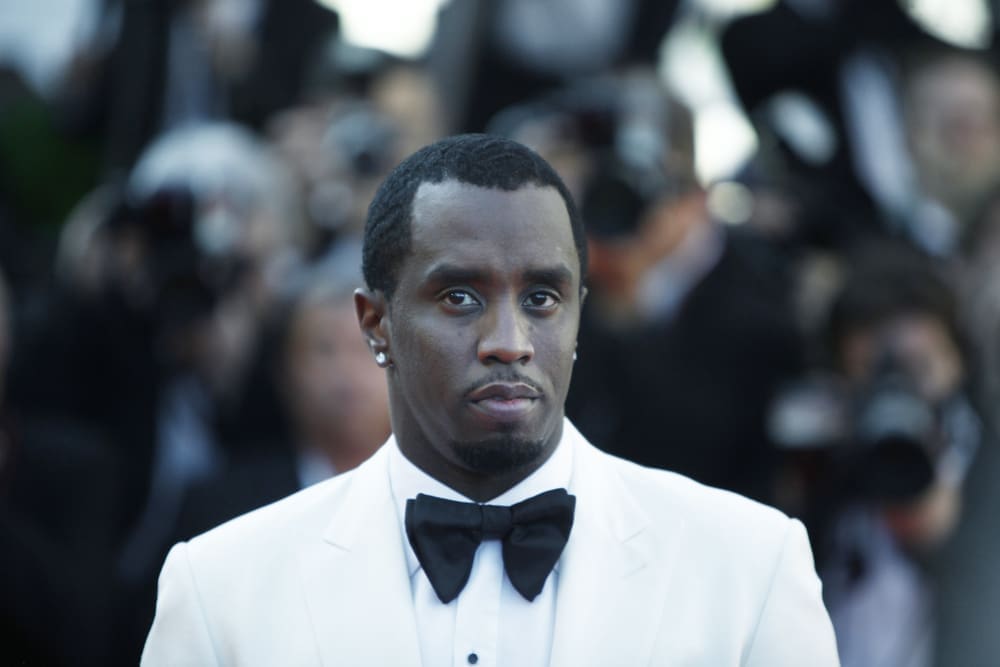Sean “Diddy” Combs is stepping into the legal ring, but this time, it’s not with beats or bass. The rap mogul is tackling a new feud — a documentary on Peacock that paints him in a less-than-favorable light.
In a move that’s making waves, Combs has filed a hefty lawsuit, seeking $100 million over what he claims are unfounded allegations. The documentary, ‘Diddy: The Making of a Bad Boy,’ has rattled some cages, and Combs is determined to set the record straight.
The $100 Million Lawsuit
Sean Combs, known for his powerful presence in the music industry, is now battling a different kind of beast. He has launched a $100 million defamation lawsuit against NBCUniversal, Peacock, and Ample Entertainment. The lawsuit claims that the recently released documentary falsely accuses him of heinous crimes, such as serial murder and sexual assault of minors, all without evidence. A new chapter in the ongoing saga, this legal move is stirring more than just controversy.
The documentary aired on January 14 and featured a variety of voices, including singer Al B. Sure and producer Rodney Jones. Combs’s legal team argues that it is based on dubious testimonies, citing an anonymous interviewee as the source of these severe allegations. Combs’s attorney claims that the documentary creators prioritized sensationalism over truth, aiming to profit from scandal rather than maintain journalistic integrity.
Legal Challenges in Celebrity Defamation
Winning a defamation lawsuit is an uphill climb, particularly for someone in the limelight like Combs. Legal expert Dina Doll explains that celebrities face tough odds. They must prove falsehood and malice in statements made against them, not just reckless disregard for the truth, which raises the bar considerably in court.
Combs’s situation is complicated by the nature of public figures having to demonstrate that statements were made with malicious intent. In the world of media, mistakes can occur, but proving they were deliberate is another story entirely.
Jeff Lewis, another attorney, suggests that networks like NBCUniversal likely took steps to verify facts before airing the content. Defending against defamation claims can be fortified by thorough legal review, making Combs’s path to victory even more precarious.
The Battle Against Anti-SLAPP Laws
Further complicating Combs’s quest for justice is New York’s anti-SLAPP law, which shields individuals from being sued when exercising their First Amendment rights. This could be a significant hurdle in his case, as it has been for others before.
Such laws make it difficult for celebrities to use litigation as a tool against bad press. The legal landscape becomes a minefield when rights to free speech are protected by statutes that aim to deter frivolous lawsuits.
Anti-SLAPP laws essentially require Combs to show that the documentary was not only false but also produced with clear intent to cause harm. This law adds another layer of complexity to his already challenging legal journey in this high-profile case.
Even in previous cases, like the one involving MSNBC’s Rachel Maddow, anti-SLAPP motions have led to dismissals, showing the protective power of this legal framework.
Changing the Public Narrative
Combs’s lawsuits seem to serve a dual purpose. Beyond seeking justice or financial recompense, they appear to be part of a broader strategy. Legal expert Lewis mentions that these lawsuits could shift public perception and redirect the conversation away from Combs as a criminal defendant.
The legal offensive may help Combs reposition the narrative surrounding his public persona, changing it from one embroiled in criminal allegations to a defender of his own reputation. It’s an image rehabilitation tactic that places him on the offensive.
Dina Doll observes that in the wake of negative press stemming from various charges against him, this could be an astute maneuver to alter the public discourse. Combs appears keen to reclaim control over his public narrative through strategic legal action.
Such tactics could also play a role in influencing potential jurors by introducing doubt and changing the context in which they view Combs, offering him some advantage in the court of public opinion.
Celebrity Lawsuits in the Spotlight
The courtroom has become a stage for high-profile defamation dramas involving celebrities, with Combs being just the latest to enter the fray. From Justin Baldoni’s legal tangle with Blake Lively and Ryan Reynolds to Chris Brown’s claims against Warner Bros., there’s no shortage of cases grabbing headlines.
These legal battles are increasingly seen as strategic tools to combat adverse media narratives, offering celebrities a platform to speak out and, in some cases, reshape their stories. The cases often attract significant media coverage, adding another dimension to public perception.
The recent Johnny Depp v. Amber Heard lawsuit has set a precedent, proving that tarnished reputations can be defended in court with enough resources. Depp’s victory offered hope to many celebrities that they could manage or even repair their public image through legal avenues.
The Role of Litigation Privilege
The concept of litigation privilege plays into why celebrities are turning to defamation lawsuits more frequently. This privilege allows parties in a lawsuit to make bold claims without fear of being countered by further defamation suits. It provides a unique legal shield, enabling them to put forward their side of the story.
For Combs, this privilege means that claims and statements made in his filings can be amplified by the media without fear of legal repercussions. It’s an opportunity to sway public sentiment while being protected from additional legal challenges.
Doll points out that litigation privilege is a potent public relations tool, granting Combs’s team the freedom to assert his narrative. At the same time, the media works as a conduit, transmitting these statements far and wide, bolstering his defense.
Sean Combs’s legal pursuit over the contentious documentary represents more than just a battle for truth; it’s a strategic maneuver in the arena of public opinion. By challenging the allegations head-on, Combs is not just fighting for his reputation; he’s rewriting his own story.







